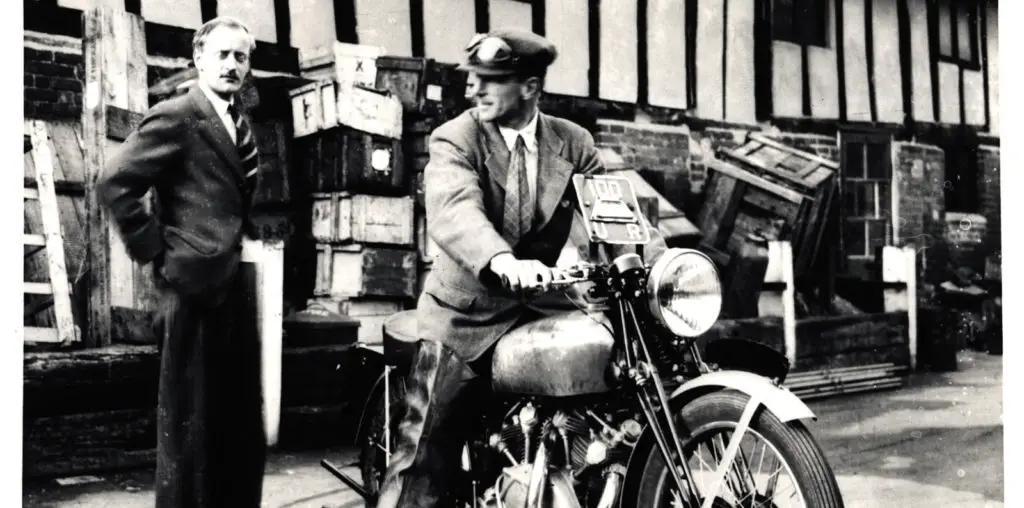
“When [Stephen] Hawking writes about black holes … he is making the comparison to himself,” director Errol Morris notes during the new interview conducted for this Criterion release of his classic documentary, “A Brief History of Time.” He says it was a realization he came to when trying to figure out how to make a film about Hawking’s seminal book of the same name.
And thus Hawking the physicist and Hawking the philosopher join hands in Morris’ film to not only dig into the Big Questions that confront mankind but also the comparatively Little Questions that confront Hawking. Both sets of queries revolve around: What point of origin? What destination? The universe and the man both entered reality at a specific point in time — Even though we know more about the man’s destination than the universe’s, we must still account for the fact that he was originally given two-and-a-half years to live when he was diagnosed with ALS at just 21 years old. Over 50 years later, he is still alive.
But would we have Hawking’s incredible contributions to physics had he not been afflicted with ALS? That’s a question posed during Morris’ documentary, and Hawking’s mother says she thinks his disease forced him to focus his brilliance in a way he hadn’t before and might not have in the future, if not for the fact that nearly all of his body was beginning to shut down. Just another cruel joke written by an uncaring universe.
While Hawking and his fellow theoretical physicists have made much progress in their field since “A Brief History of Time” was released in 1991, the film is still worth watching as a work of art, just as Morris notes in the interview that Hawking’s book is a work of literature. There’s much ruminating on not only those Big Questions but also who Hawking was at the time – it’s a snapshot of both subjects on their way to where they are now, over 20 years later.
In addition to the 34-minute interview with Morris, who has a lot of interesting things to say about his film, the disc also includes a new 11-minute interview with director of photography John Bailey. While interviews with DPs are often only of interest to those who want to know more about the technical side of moviemaking, this one digs into the challenges Bailey faced while filming someone who was immobilized and could only communicate by laboriously clicking a button to slowly build sentences read by a computer. An interesting production technique that Bailey relates: Hawking’s office was reproduced on a sound stage so Morris could control the situation.
It’s a shame more bonus features weren’t included in this release. I would have particularly liked to hear from Hawking today, if he would have been willing to give an interview, as well as his colleagues. I have read that Hawking is a supporter of the multi-verse idea — that would have been interesting fodder for a follow-up discussion of the ideas in this film. However, I don’t think that’s a huge knock against this release.
All of the content is included on a Blu-ray and a DVD. The include booklet features an essay by critis David Sterritt, a chapter from Hawking’s memoir, “My Brief History,” and a very brief excerpt from “A Brief History of Time.”

